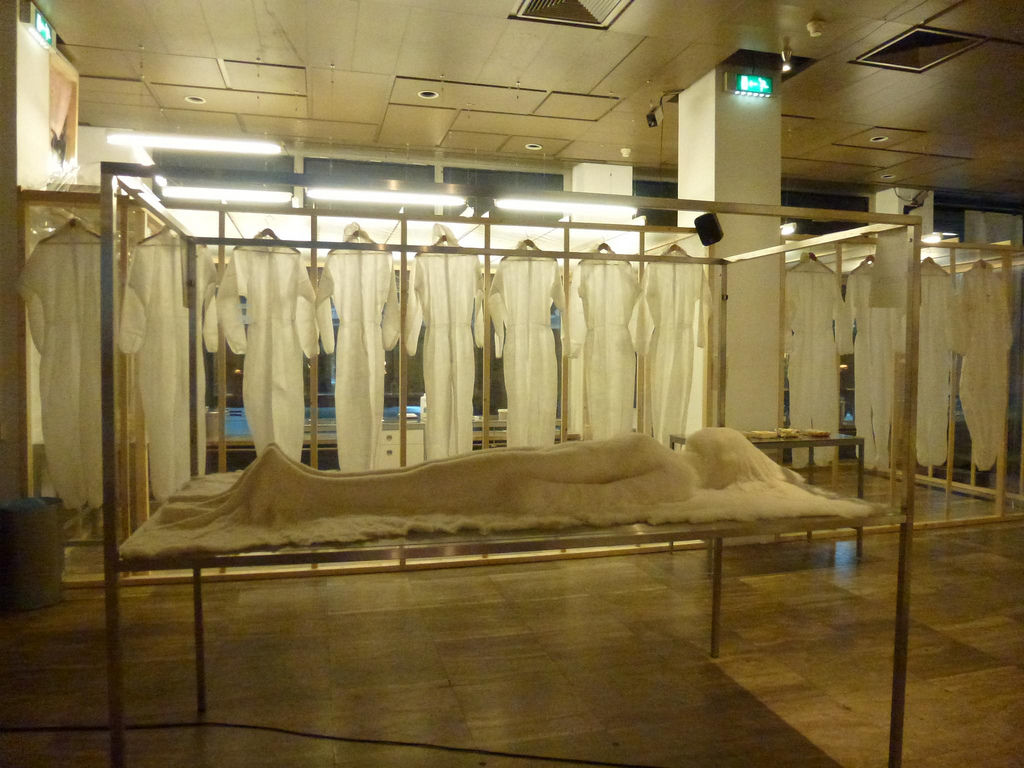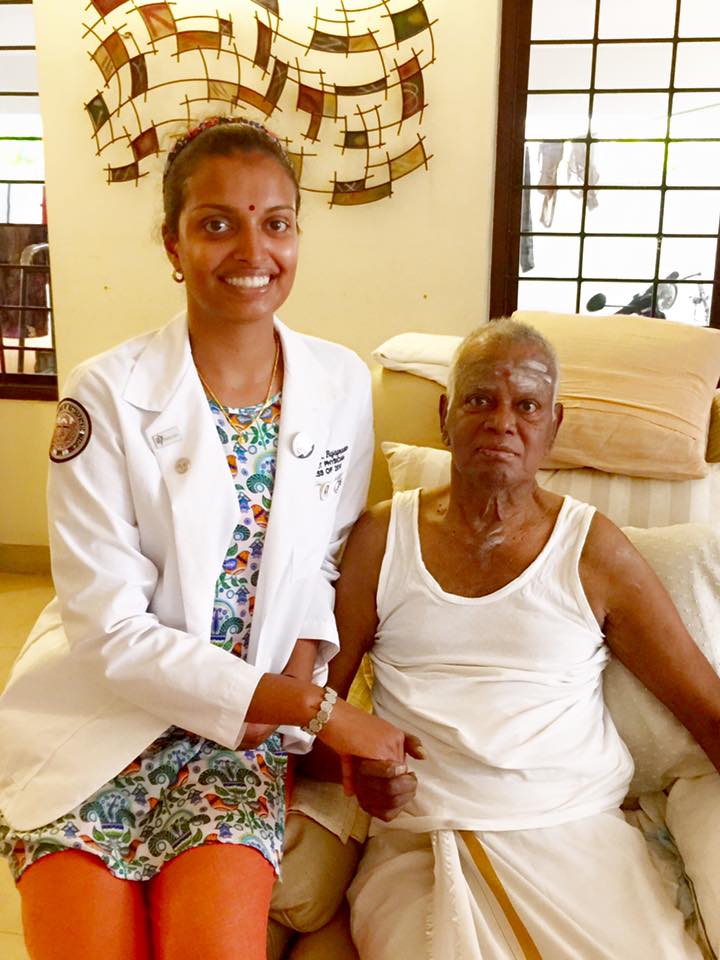Standardized History, Unusual Life
You knock on the door. “Come in.” When you enter the room, a gowned patient sits calmly atop the examination table. For the next 15 to 20 minutes, you spend your time in the small, cramped and surveillanced room with this individual to tease out the mystery of their chief complaint.



